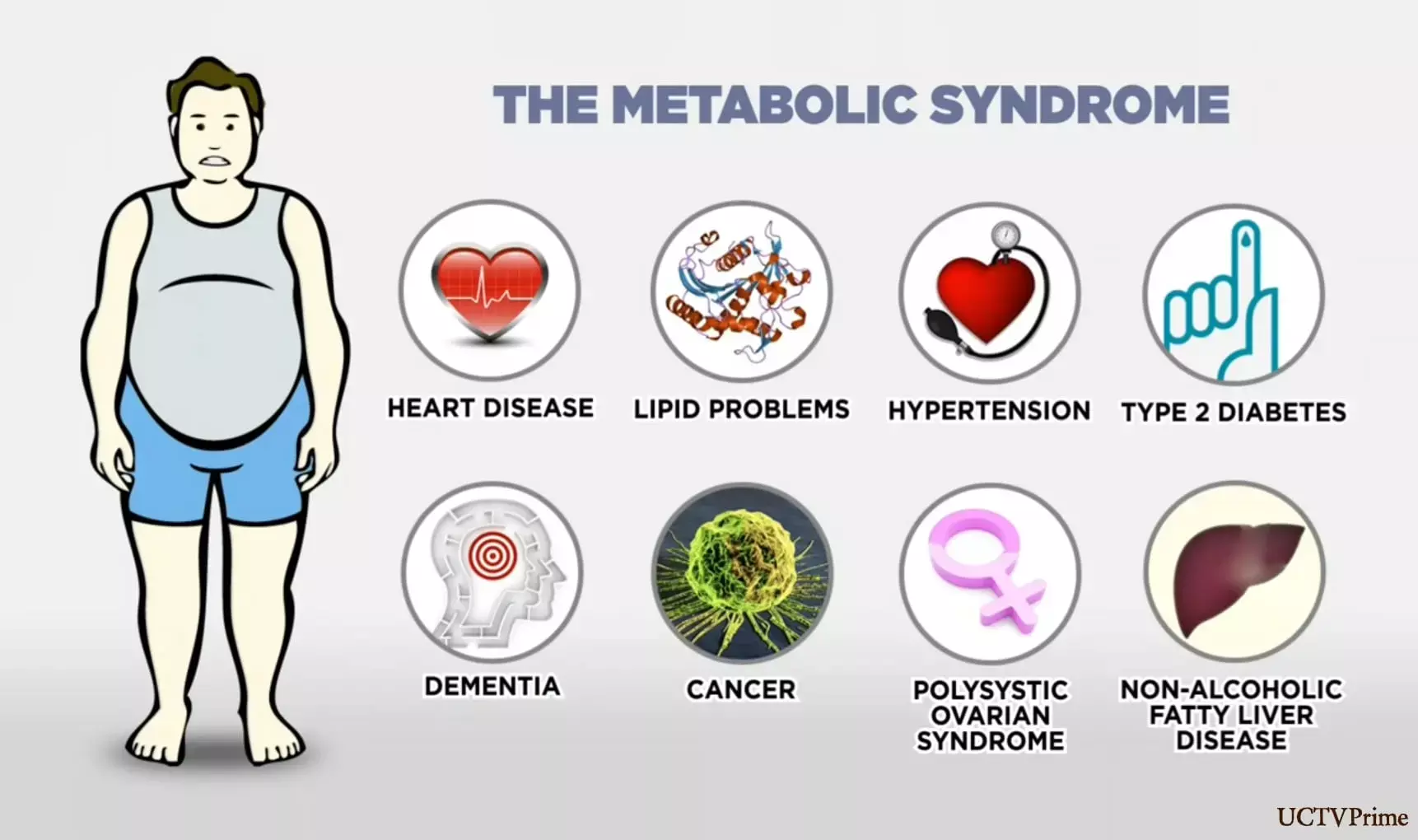- Home
- Medical news & Guidelines
- Anesthesiology
- Cardiology and CTVS
- Critical Care
- Dentistry
- Dermatology
- Diabetes and Endocrinology
- ENT
- Gastroenterology
- Medicine
- Nephrology
- Neurology
- Obstretics-Gynaecology
- Oncology
- Ophthalmology
- Orthopaedics
- Pediatrics-Neonatology
- Psychiatry
- Pulmonology
- Radiology
- Surgery
- Urology
- Laboratory Medicine
- Diet
- Nursing
- Paramedical
- Physiotherapy
- Health news
- Fact Check
- Bone Health Fact Check
- Brain Health Fact Check
- Cancer Related Fact Check
- Child Care Fact Check
- Dental and oral health fact check
- Diabetes and metabolic health fact check
- Diet and Nutrition Fact Check
- Eye and ENT Care Fact Check
- Fitness fact check
- Gut health fact check
- Heart health fact check
- Kidney health fact check
- Medical education fact check
- Men's health fact check
- Respiratory fact check
- Skin and hair care fact check
- Vaccine and Immunization fact check
- Women's health fact check
- AYUSH
- State News
- Andaman and Nicobar Islands
- Andhra Pradesh
- Arunachal Pradesh
- Assam
- Bihar
- Chandigarh
- Chattisgarh
- Dadra and Nagar Haveli
- Daman and Diu
- Delhi
- Goa
- Gujarat
- Haryana
- Himachal Pradesh
- Jammu & Kashmir
- Jharkhand
- Karnataka
- Kerala
- Ladakh
- Lakshadweep
- Madhya Pradesh
- Maharashtra
- Manipur
- Meghalaya
- Mizoram
- Nagaland
- Odisha
- Puducherry
- Punjab
- Rajasthan
- Sikkim
- Tamil Nadu
- Telangana
- Tripura
- Uttar Pradesh
- Uttrakhand
- West Bengal
- Medical Education
- Industry
Adequate intakes of folate, vitamin B6, and vitamin B12 reduces incident MetS: JAMA

Adequate intakes of folate, vitamin B6, and vitamin B12 should be recommended for prevention of MetS suggests a recent study published in the JAMA Netw Open.
The associations of B vitamin status with metabolic syndrome (MetS) incidence among the US population remain unclear. A study was done to investigate intakes and serum concentrations of folate, vitamin B6, and vitamin B12 in association with MetS risk in a large US cohort.
This prospective study included Black and White young adults in the US who were enrolled from 1985 to 1986 and studied until 2015 to 2016. Diet was assessed using a validated diet history at examination years 0, 7, and 20. Serum concentrations of folate, vitamin B6, and vitamin B12 were assayed at examination years 0, 7, and 15 in a subset of 1430 participants. MetS was ascertained by clinic and laboratory measurements and self-reported medication use. Data were analyzed between January and July 2021.
Multivariable Cox proportional hazards regression models were used to calculate hazard ratios (HRs) and 95% CIs for the associations of energy-adjusted B vitamin intakes or serum B vitamin levels with incident MetS.
This prospective cohort study found that intakes and serum concentrations of folate, vitamin B6, and vitamin B12 were inversely associated with incident MetS among Black and White young adults in the US.
Reference:
Zhu J, Chen C, Lu L, Shikany JM, D’Alton ME, Kahe K. Folate, Vitamin B6, and Vitamin B12 Status in Association With Metabolic Syndrome Incidence. JAMA Netw Open. 2023;6(1):e2250621. doi:10.1001/jamanetworkopen.2022.50621
Keywords:
JAMA Netw Open, Metabolic Syndrome Incidence, Zhu J, Chen C, Lu L, Shikany JM, D’Alton ME, Kahe K. Folate, Vitamin B6, and Vitamin B12
Dr. Shravani Dali has completed her BDS from Pravara institute of medical sciences, loni. Following which she extensively worked in the healthcare sector for 2+ years. She has been actively involved in writing blogs in field of health and wellness. Currently she is pursuing her Masters of public health-health administration from Tata institute of social sciences. She can be contacted at editorial@medicaldialogues.in.
Dr Kamal Kant Kohli-MBBS, DTCD- a chest specialist with more than 30 years of practice and a flair for writing clinical articles, Dr Kamal Kant Kohli joined Medical Dialogues as a Chief Editor of Medical News. Besides writing articles, as an editor, he proofreads and verifies all the medical content published on Medical Dialogues including those coming from journals, studies,medical conferences,guidelines etc. Email: drkohli@medicaldialogues.in. Contact no. 011-43720751


